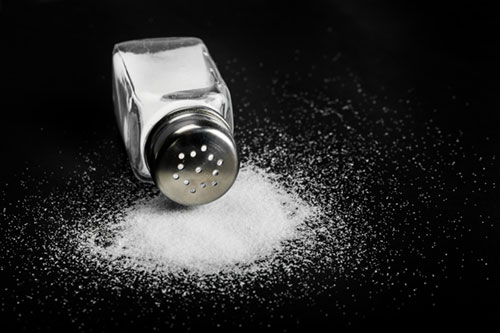
“Let there be work, bread, water and salt for all” – Nelson Mandela
As profound as you would expect from a great man, everyone deserves these.
Electrolytes are minerals that carry an electric charge when dissolved in our body fluids. They include sodium, potassium, magnesium, calcium, chloride and phosphate. Carrying the electric charge, these electrolytes help mainly with heart pumping, muscle activity and reflexes. The electrolyte levels in our body depend on the total body water, muscle mass and kidney function. We get electrolytes from the food we eat and by drinking certain fluids. We lose electrolytes from our body by sweating, bowel movement (loose stools), vomiting and urine.

Identify:
SALT and check your electrolytes
Stupor/Seizures with confusion/hallucinations
Appetite decreased-vomiting
Lethargy /Limp muscles/muscle cramps (common in low potassium)
Tiredness (most common symptom – due to low BP/heart rate variations)-leading to falls –which can cause hip fractures and head injuries.
The above complaints require testing of electrolytes and proper treatment to correct electrolytes slowly and steadily at the hospital.
Food Rich in Electrolytes: “Sweetness is great, but saltiness adds the perfect kick to life’s recipe.”
- Water – Generally 3L/day in adults; elderly with kidney, heart and liver failure should follow strict fluid restrictions as prescribed.
- Cow’s Milk – Rich in calcium, sodium and potassium.
- Tender Coconut – Rich in potassium, calcium, sodium and magnesium.
- Fresh Fruit Juices – Orange, cherry and watermelon juices are rich in magnesium, potassium and phosphorus.
- Oral rehydration solutions (ORS) like Electral.
Oral rehydration recipe for use at home – 1 litre of water + 6 tsp of sugar + ½ tsp of salt. - Vegetable/Fruit Smoothies – Bananas, spinach and avocados are rich in potassium.
We are not getting any younger. Take every day with a grain of salt.

Dr Vidya Saketharaman
Consultant Emergency Medicine
Kauvery Hospital Chennai

